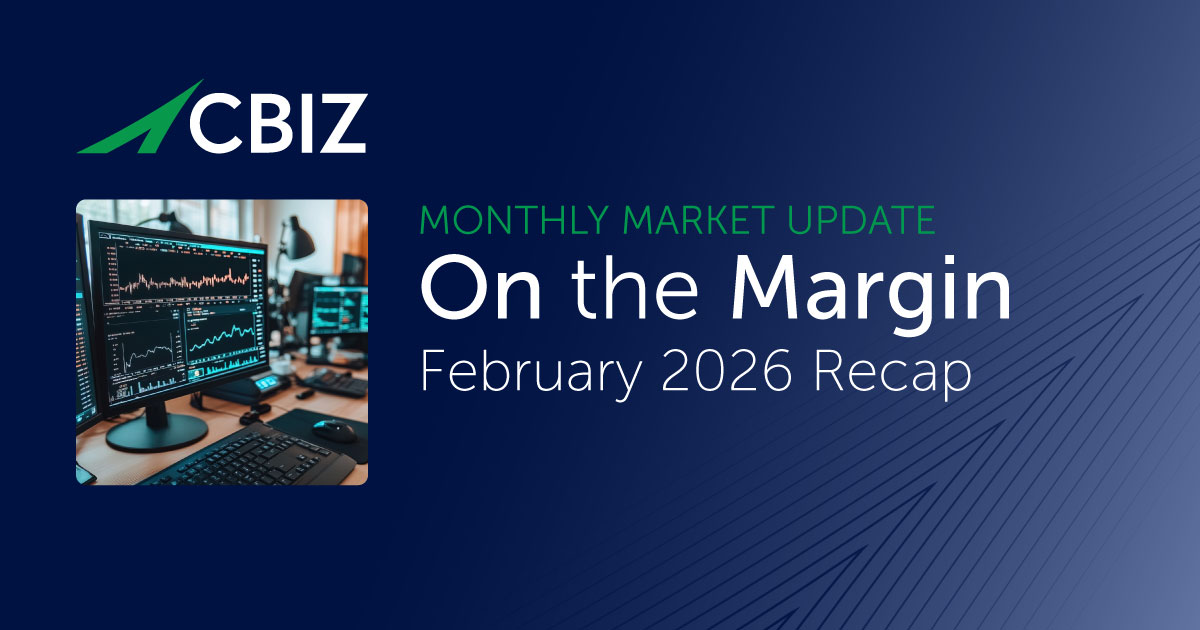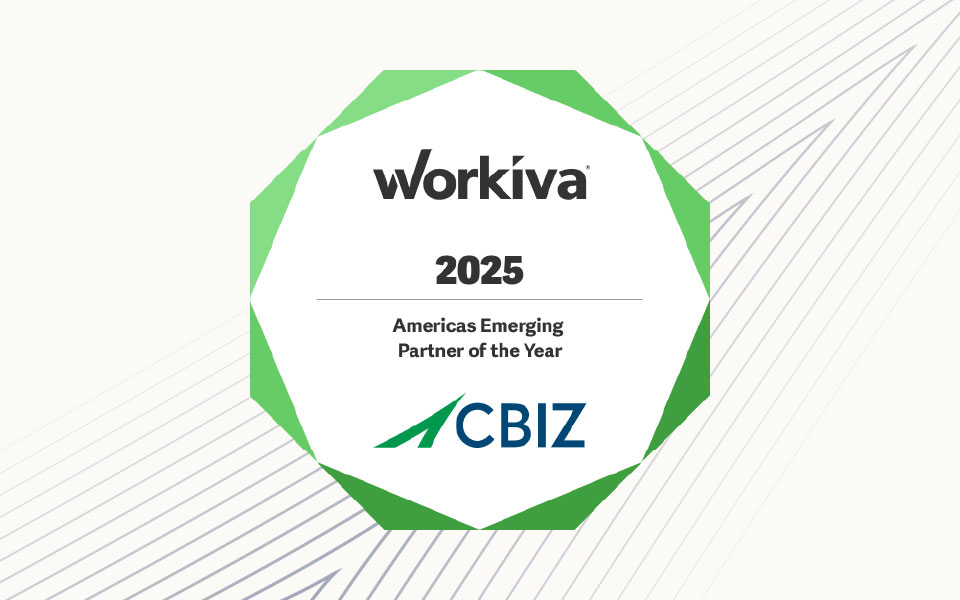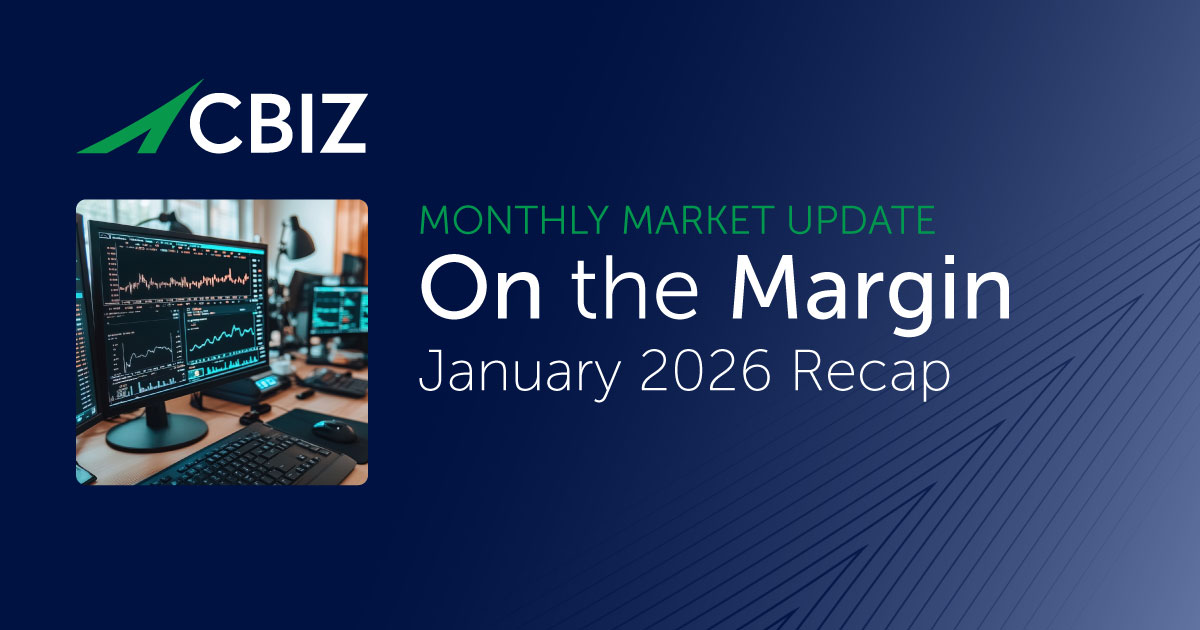Safeguard your company’s reputation and minimize legal risks with a seamless offboarding experience. Processing an employee’s final pay goes beyond merely adhering to state and federal regulations—it reflects your organization’s commitment to professionalism and compliance.
Understand State Laws Governing Final Paychecks
Employment laws differ by state, making it essential to familiarize yourself with the regulations specific to your business location. Timing is often critical. For instance, in California, final wages for involuntary terminations must be paid on the employee’s last day of work. In contrast, wages for voluntary resignations can be paid up to 72 hours after the resignation. In Texas, employers have up to six days to issue final pay. Additionally, the method of payment—whether by check, direct deposit, or another form—must comply with state-specific guidelines. Understanding these nuances helps ensure compliance and smooth operations.
Components of a Final Paycheck
When an employee leaves, their final paycheck must be accurate and include everything they are owed. Here’s what to ensure:
- Unpaid Wages: Verify that all hours worked up to the final day, including any overtime, are fully compensated.
- Accrued Vacation or PTO: In some states, you’re required to pay out unused vacation or PTO—check your state’s regulations.
- Commissions and Bonuses: If owed, these must be paid in line with the employment agreement and relevant laws.
- Reimbursements: Settle any outstanding business expenses, such as travel costs or supplies.
- Other Payouts: Review any contracts or collective bargaining agreements for other payout obligations. Final Paycheck Deductions
Knowing which deductions are allowed and which could cause issues is essential. Permitted deductions include taxes, wage garnishments, and health insurance premiums for the last month. However, deductions that drop an employee’s pay below minimum wage, like costs for uniforms, training, or missing equipment, are generally not allowed unless the employee provides written consent and doing so is in accordance with state laws. To stay compliant, document all deductions carefully and communicate them clearly to the employee before finalizing the paycheck.
Final Paycheck Checklist for HR and Payroll Teams
Here’s a convenient checklist to make sure you’ve crossed your T’s and dotted your I’s:
- Verify compliance with state final paycheck laws and deadlines.
- Ensure all wages, accrued vacation/PTO, bonuses, and commissions are included.
- Double-check authorized deductions for accuracy and compliance.
- Address stock options or incentives per company policy.
- Include all necessary documentation, such as COBRA notices or separation agreements.
- Select an appropriate delivery method, such as direct deposit or mailing.
- Record all correspondence and confirmations related to the final paycheck.
Stock Options, Bonuses, and Other Incentives
For employees with stock options, deferred bonuses, or other incentives, it’s essential to carefully interpret employment agreements and company policies to avoid confusion.
Stock Options: Ensure employees fully understand their vesting schedules and the rules for exercising options after they leave the company.
Bonuses and Performance Incentives: Confirm whether bonuses and performance incentives are tied to specific achievements or dates and whether the departing employee is still entitled to them.
Quick Tips for Delivering Final Paychecks and Documents
Delivering final paychecks accurately and efficiently is essential. Here are some quick tips to simplify the process:
- How to Pay: Based on state laws and the employee’s preference, offer options like direct deposit, mailing, or a physical check.
- What to Include: Don’t forget key documents like separation agreements, tax forms (e.g., W-2, 1099-C), COBRA notices, or benefits transition details.
- Get Confirmation: Always confirm receipt, whether through email or a signed acknowledgment form, to ensure everything is squared away.
Handling COBRA Coverage and Notices
After issuing the final pay, it is crucial to address the continuation of benefits through COBRA coverage as required by law. Departing employees must receive a timely COBRA election notice informing them of their right to continue health insurance coverage. The notice should clearly outline the coverage options, costs, and deadlines.
Issuing final paychecks may seem daunting because of the many legal and compliance factors involved. Still, with preparation, transparency, and attention to detail, it can become a seamless part of your offboarding process. Remember, a professionally handled final paycheck ensures compliance and leaves a positive impression on departing employees, strengthening your employer brand.
Need help keeping your payroll processes up to date and compliant? Let CBIZ help!
© Copyright CBIZ, Inc. All rights reserved. Use of the material contained herein without the express written consent of the firms is prohibited by law. This publication is distributed with the understanding that CBIZ is not rendering legal, accounting or other professional advice. The reader is advised to contact a tax professional prior to taking any action based upon this information. CBIZ assumes no liability whatsoever in connection with the use of this information and assumes no obligation to inform the reader of any changes in tax laws or other factors that could affect the information contained herein. Material contained in this publication is informational and promotional in nature and not intended to be specific financial, tax or consulting advice. Readers are advised to seek professional consultation regarding circumstances affecting their organization.
“CBIZ” is the brand name under which CBIZ CPAs P.C. and CBIZ, Inc. and its subsidiaries, including CBIZ Advisors, LLC, provide professional services. CBIZ CPAs P.C. and CBIZ, Inc. (and its subsidiaries) practice as an alternative practice structure in accordance with the AICPA Code of Professional Conduct and applicable law, regulations, and professional standards. CBIZ CPAs P.C. is a licensed independent CPA firm that provides attest services to its clients. CBIZ, Inc. and its subsidiary entities provide tax, advisory, and consulting services to their clients. CBIZ, Inc. and its subsidiary entities are not licensed CPA firms and, therefore, cannot provide attest services.















